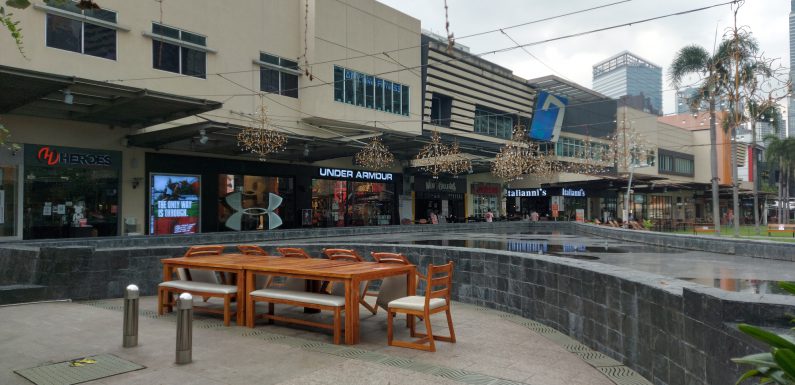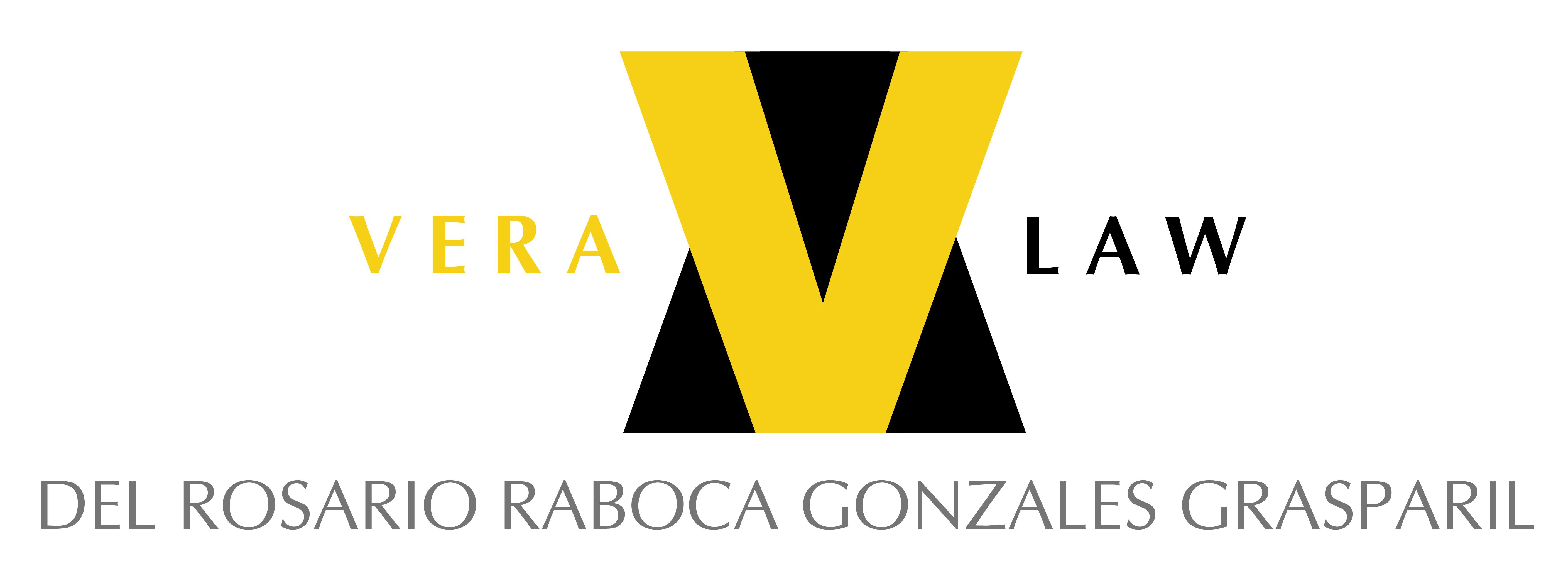
The median age in the Philippines is 26 years old and they flock to shopping malls like bees hunting for pollen. The retailers can take advantage because of recent liberalization in the law.
Last December 2021, Pres. Rodrigo Duterte signed into law Republic Act No. 11595 which amended certain provisions of the Retail Trade Liberalization Act of 2000 (RTLA).
RA 11595, which was uploaded to the Official Gazette on January 6, 2022, significantly reduced the equity requirements for foreign retailers to engage in the retail business in the Philippines.
Retail trade was previously exclusively limited to Filipino citizens or entities until the year 2000 when the RTLA was passed. While the law opened the retail market to foreign retailers, it imposed high capital requirements and classified the retail trade business into four different categories:
- Category A (enterprises with paid-up capital equivalent to $2.5 million, which are reserved for Filipinos);
- Category B (those with a minimum paid-up capital equivalent to at least $2.5 million but below $7 million);
- Category C (those with a paid-up capital equivalent to $7 million or more); and
- Category D (those specializing in high-end or luxury products with a paid-up capital equivalent to $250,000, which may be wholly owned by foreigners).
RA 11595 removed the different category classifications and simplified the requirement such that a foreign entity desiring to engage in retail trade will only need to have a minimum paid-up capital of PHP25 million (USD1.00 = PhP51.60 as of 1/24/22). Also, RA 11595 reduced the investment per store requirement to at least PHP10 million per store.
Other notable amendments included the repeal of certain requirements and conditions imposed by the RTLA on foreign retailers, such as:
- A minimum net worth of $200 million in its parent corporation for Categories B and C and $50 million for Category D;
- Five retailing branches or franchises in operation anywhere around the word unless the retailer has at least one store capitalized at a minimum of $25 million; and
- A five-year track record in retailing abroad.
- All retail trade enterprises under Categories B and C, in which foreign ownership exceeds 80 percent of equity, should offer a minimum of 30 percent to the public through any stock exchange in the Philippines within eight years from the start of operations.
RA 11505 did retain the reciprocity requirement that the foreign retailer’s country of origin should not prohibit the entry of Filipino retailers.
With the amendments introduced by RA 11595 to the RTLA, it is the hope of trade officials that foreign retailers will be encouraged to invest in the Philippines.
Should you wish to set-up your retail trade business in the Philippines, you may get in touch with us at veralaw@veralaw.com.ph, and we would be glad to assist.

